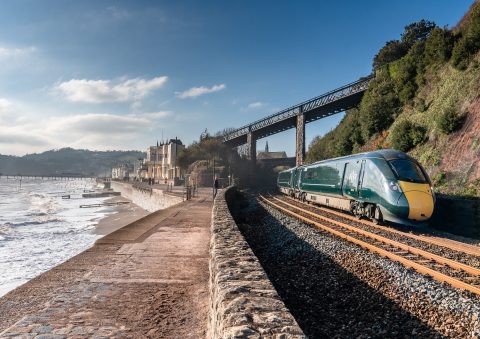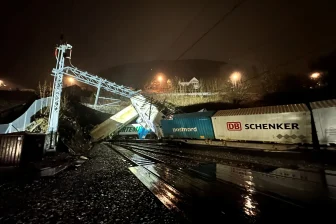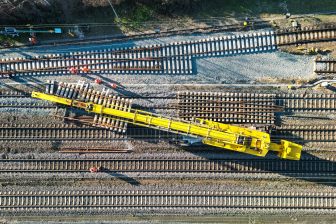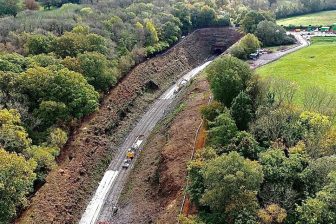
Hitachi and Eversholt Rail will convert UK intercity to tri-mode hybrid
Source: Hitachi Rail
Train builder and maintainer Hitachi and rolling stock company Eversholt Rail, will develop a plan to install batteries on a modern Intercity Express Train on the South West route in the UK. Adding a battery creates an electric-diesel-battery hybrid train (tri-mode). It is the first time a UK intercity train in passenger service will use alternative fuel.
Want to read more?
You have read all of your free premium articles for this month. Please become a subscriber to keep reading.
Subscribe now!
Take advantage of our exclusive offer to get full access to all premium content.



